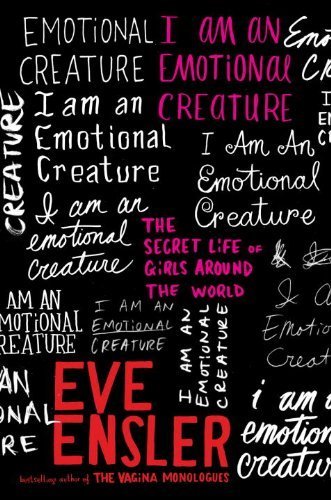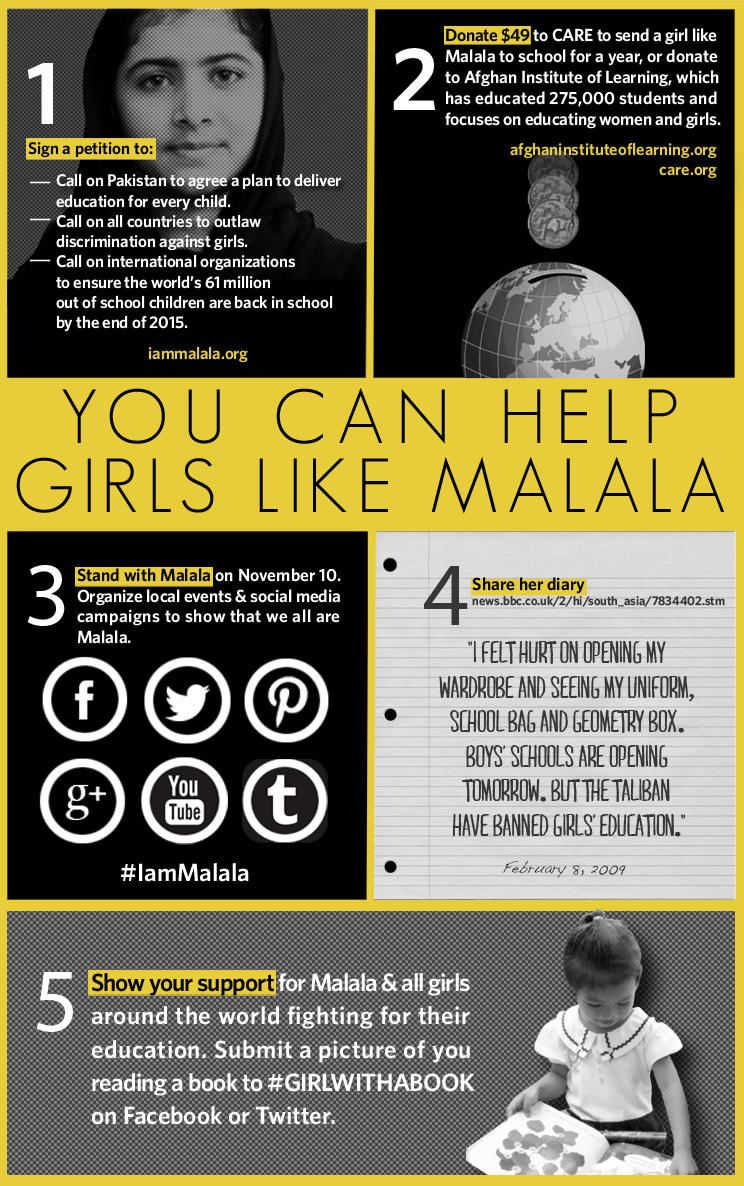There is one sure way to be able to argue with gender essentialists: knowing the science better than they do. Even if they turn out hard to convince, at least you'll know that the facts are on your side.
Depending on how deeply you want to explore the topic, I'm offering three options: two serious books (written by women scientists, yeah!) and a MythBusters video. Your choice.
Delusions of Gender (2010) by Cordelia Fine will take you through all the common gender difference research. And will show that most of that is rather questionable stuff, mostly reflecting the bias of the researchers instead of actual intrinsic differences among people. Very nice to begin to explore the topic!
Brain Storm (2011) by Rebecca Jordan-Young is a heavier and more serious (as in more scientifically worded and structured) read. And pretty much all of it is dedicated to the ongoing quests looking for female brain as opposed to the male brain. She beautifully traces all the usual tricks used - with special attention to studies of intersex individuals (go, read Middlesex!) - for those trying really hard to find biological/neuroscientific arguments against the idea of complete gender equality.
To give you a taste about what kind of distortions Jordan-Young is dealing with, read this blogpost: “Brain Study Confirms Gender Stereotypes”: How science communication can fuel modern sexism.
And just for a little insight in how you should think about gender differences, trying to disentangle the social and the biological, here you have MythBusters dealing with the throw like a girl thing. Yes, the same one that leads to stuff like the "empowering" Always advertising.
Depending on how deeply you want to explore the topic, I'm offering three options: two serious books (written by women scientists, yeah!) and a MythBusters video. Your choice.
Delusions of Gender (2010) by Cordelia Fine will take you through all the common gender difference research. And will show that most of that is rather questionable stuff, mostly reflecting the bias of the researchers instead of actual intrinsic differences among people. Very nice to begin to explore the topic!
Brain Storm (2011) by Rebecca Jordan-Young is a heavier and more serious (as in more scientifically worded and structured) read. And pretty much all of it is dedicated to the ongoing quests looking for female brain as opposed to the male brain. She beautifully traces all the usual tricks used - with special attention to studies of intersex individuals (go, read Middlesex!) - for those trying really hard to find biological/neuroscientific arguments against the idea of complete gender equality.
To give you a taste about what kind of distortions Jordan-Young is dealing with, read this blogpost: “Brain Study Confirms Gender Stereotypes”: How science communication can fuel modern sexism.
And just for a little insight in how you should think about gender differences, trying to disentangle the social and the biological, here you have MythBusters dealing with the throw like a girl thing. Yes, the same one that leads to stuff like the "empowering" Always advertising.




























